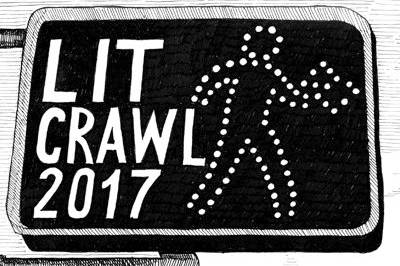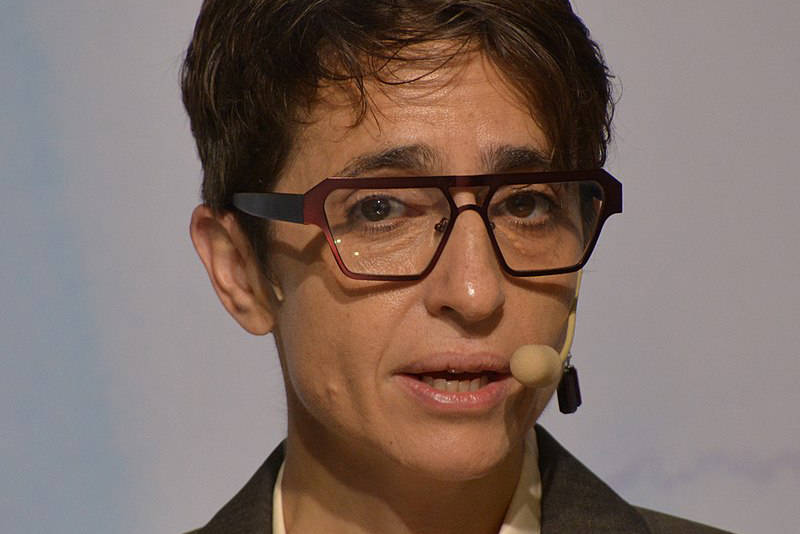Headlines used to be an art form. Newspapers once hired people specifically to condense all the drama and nuance and vitality of a news story into five or six words that could grab readers at 20 paces.
Now the headline has become the domain of the social-media expert, and the goal is much more modest: to divert you, however momentarily, from your Facebook news feed. Which is why every headline feels like a sleazy pick-up line: Without that relentless clash between specificity and withheld information (“This Weird Trick Might Make Your Life Actually Worth Living”) or sheer factoid overload (“57 Rock and Roll Shows You Have to Attend This Week or Something Terrible Will Happen to You”), a headline is never going to divert you from the soap opera that is your friends’ lives.
Unless the headlines are another person’s life. The first story in Danish author Dorthe Nors’ newest book of novellas, So Much for That Winter, is told entirely in headlines. She combines the active language and brevity of old-school newspaper headlines with the everyday grind of daily life. Focusing on a young woman named Minna as she recovers from a breakup, the brutal quick hits intensify Minna’s struggle:
“Minna sees the mothers’ group often.
The mothers’ group takes walks in Amager.
The mothers’ group drives in formation.
The mothers’ group is scared of getting fat.
The mothers’ group goes jogging with their baby buggies.
The mother’s group eats cake at the café.
The mothers’ group contends gently for the view.
The baby buggies pad the façade.
The baby buggies form a breastwork.
Minna fears the mothers’ group.
Minna cannot say that out loud.
Minna has no child.”
This format can be a bit much; the lines’ uniform brevity makes the story’s staccato pace uncomfortably relentless. “Days,” the other novella in Winter, is the perfect antidote for readers exhausted by headline overdose: a series of lists written by a woman on the verge of cracking up. Unlike the short bursts of Minna’s story, “Days” enjoys varied rhythms and cadences:
“2. Had my last wisdom tooth extracted.
3. Had my mouth stitched up with needle and thread by a man who said I would heal slowly because my age was against me.
4. as if I didn’t know that, I thought, as if it isn’t such things that make me stop midmotion in plotting out the future, and if you’ve got something for aching of the heart, Dr. Lars, if you’ve got something for emptiness and loss of voice, if you’ve got something for time’s tooth, then be sure to add it to my bill, but otherwise I think you should hold your tongue, unless you want to hear my philosophy of teeth—would you like to hear it? Would you?
5. Didn’t get the tooth to bring home.”
Though they make up the traffic of our online lives, lists and headlines have never felt so alive, so uncomfortable, so raw as they do when Nors writes them. (UPDATE: This event has been cancelled.) Dorthe Nors, Capitol Hill Library, 425 Harvard Ave. E., spl.org. Free. 6:30 p.m. Thurs., June 30. Paul Constant is the co-founder of The Seattle Review of Books. Read daily books coverage like this at seattlereviewofbooks.com.








